Celebrating Plants and People
-

Urban Forests Save Lives
The first city-wide health impact assessment of the estimated effects of a tree canopy initiative on premature mortality in Philadelphia suggests that increased tree canopy could prevent between 271 and 400 premature deaths per year. (Click on title for full story.)
-

Ants: Overlooked Pollinators
Our results indicate that such mutualistic associations can occur in unexpected ways, and open the way for future studies to investigate flower–ant interactions in this global biodiversity hotspot. Studies on Conospermum, as well as phylogenetically related taxa, will provide an opportunity for understanding where and when this trait evolved and how common it is amongst…
-
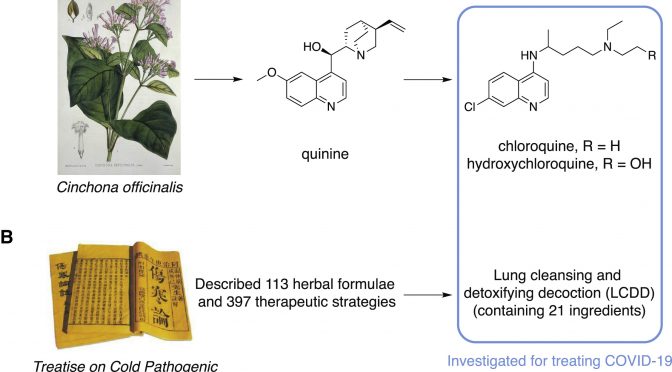
Turning To Plant Science For Help Against COVID-19
Some of the earliest modern medicines are indeed plant natural products for treating infectious diseases. Plants have a lot to offer for treating COVID-19 and other infectious diseases, but it will require interdisciplinary research efforts to fully realize this potential. (Click on title for full story.)
-
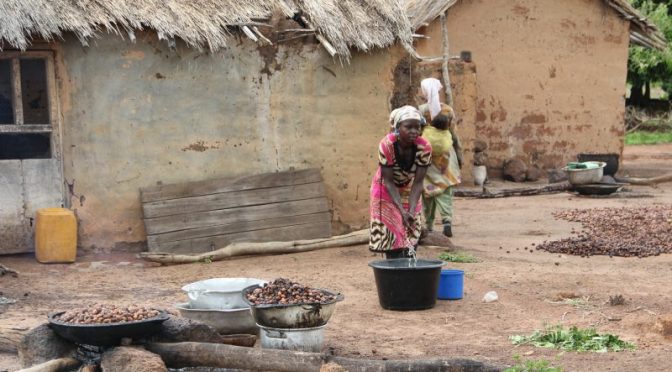
To Safeguard Your Shea Butter Supply – And Support Local Economies – Protect Habitat Diversity
Our work supports the theory that when we improve plant diversity on farms we see an increase in pollinators and shea yield. We believe a landscape approach which protects these ecosystem goods and services also reduces the vulnerability of human populations across the shea belt. This work demonstrates the potential for ecosystem restoration to deliver…
-
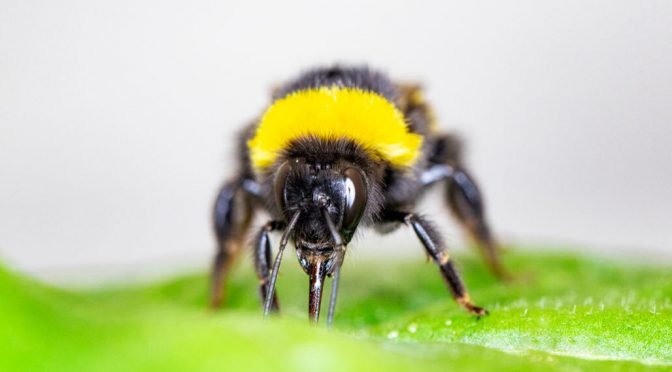
When Flowers Are Scarce Bees Manipulate Plants To Flower Sooner
Experiments show that mustard and tomato plants nibbled by Bombus terrestris bees bloomed earlier than unbitten plants by days, or even weeks (Click on title for full story.)
-

The Arrival Of Corn Powered The Earliest North American City
In a new study, scientists report that corn was not grown in the ancient metropolis of Cahokia until sometime between A.D. 900 and 1000, a relatively late date that corresponds to the start of the city’s rapid expansion. (Click on title for full story.)
-
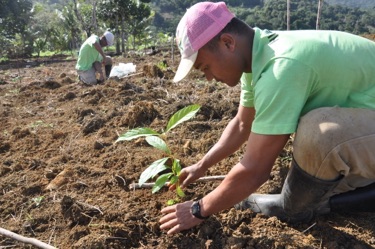
Planting Trees Will Not Stop Climate Change
Enhanced tree cover is one of the best options to offset a portion of the greenhouse gas emissions driven by human activities, but they represent only a small portion of the carbon reductions that are needed—and estimates vary by more than tenfold depending on variables used in modeling. (Click on title for full story.)
-
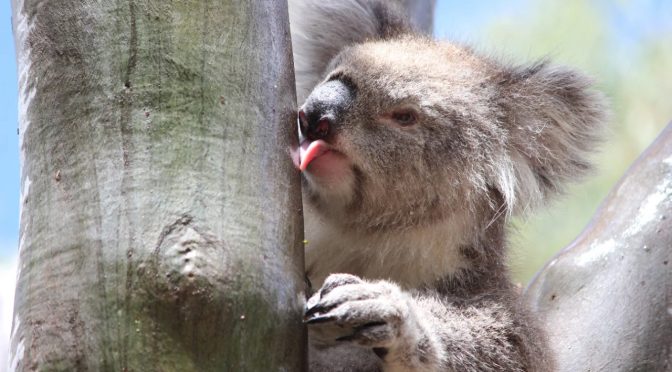
Koala Myth: We Don’t Need Much Water. Koala Truth: We Drink From Trees
This significantly alters our understanding of how koalas gain water in the wild. It is very exciting. (Click on title for full story.)
-
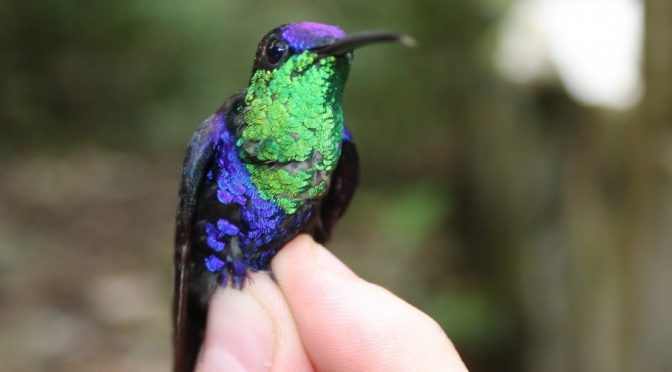
When A Tree Falls (In A Tropical Forest) And Researchers Are There
Treefalls happen all the time, but this one just happened to occur in the exact spot where a decades-long ecological study was in progress, (Click on title for full story.)
-
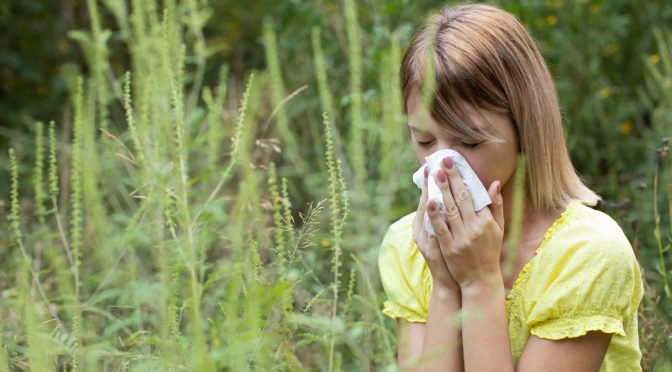
Controlling The Human Health Impacts Of Non-Native Plants Using… Non-Native Beetles?
Though this research is specific for Europe, this method of biological control is already happening in China where the beetle is reared and distributed for the control of ragweed. Fortunately, the authors note that previous studies suggest the beetle would have no negative impacts on native or ornamental plants in Europe, so this form of…
